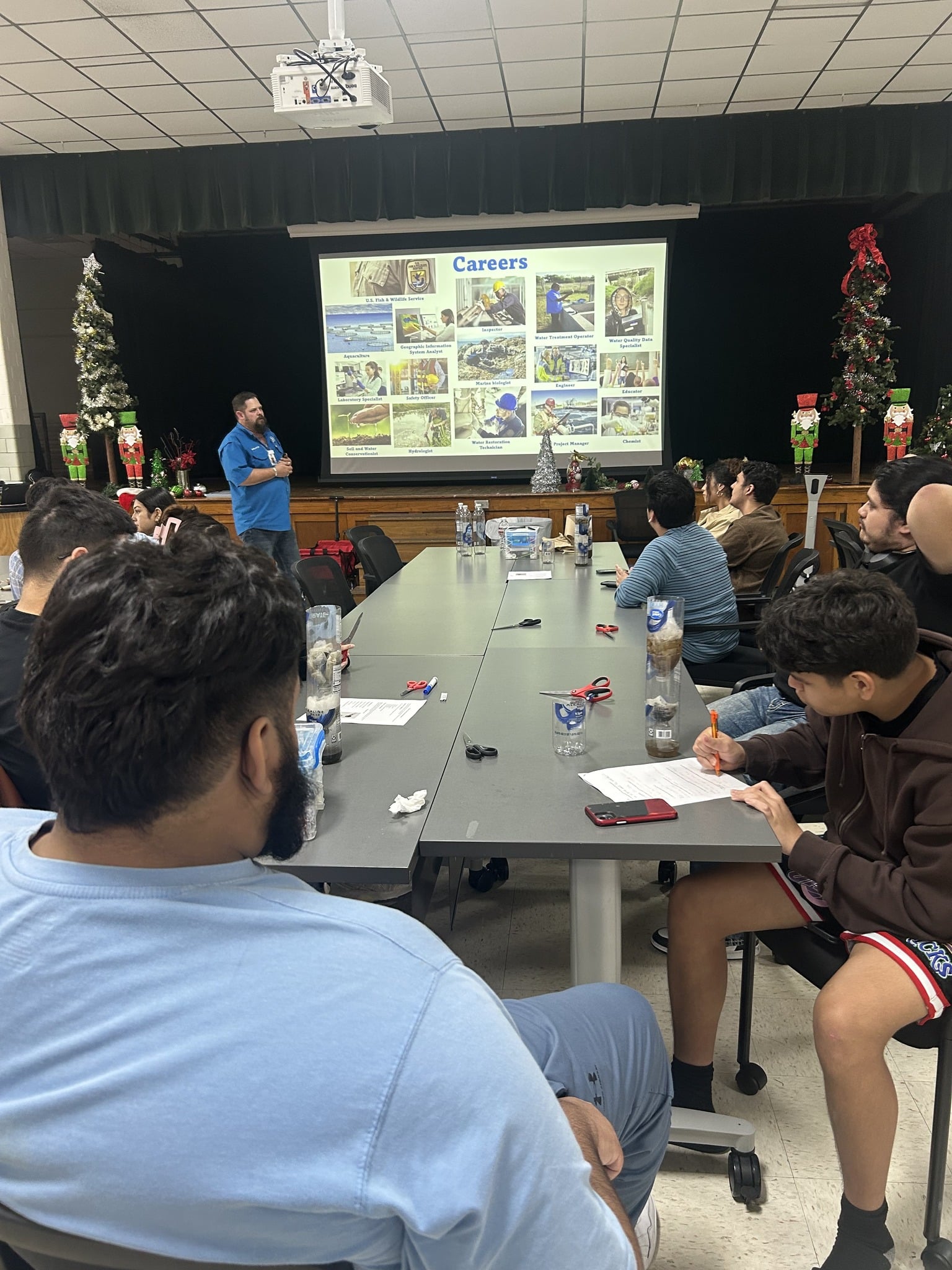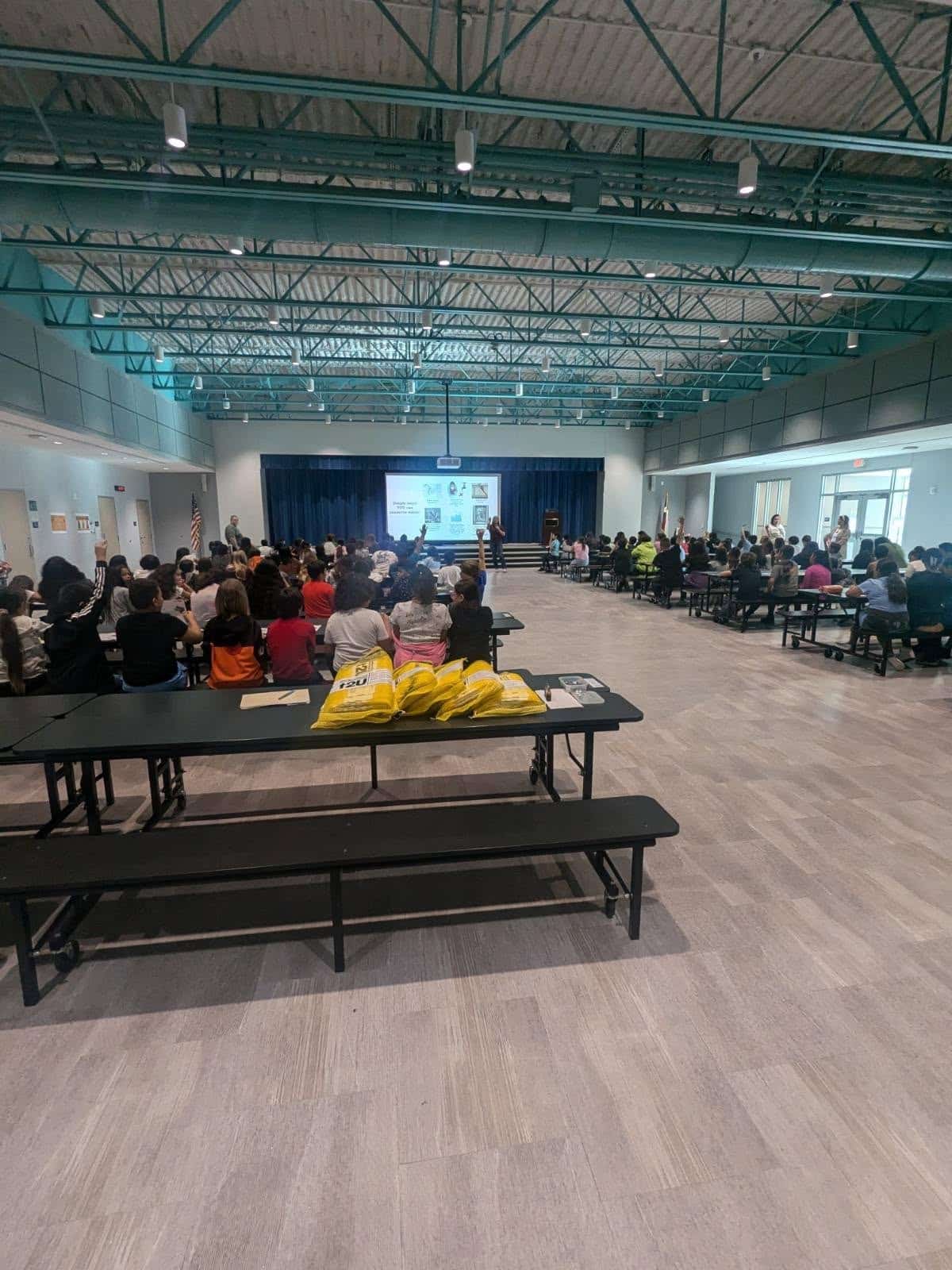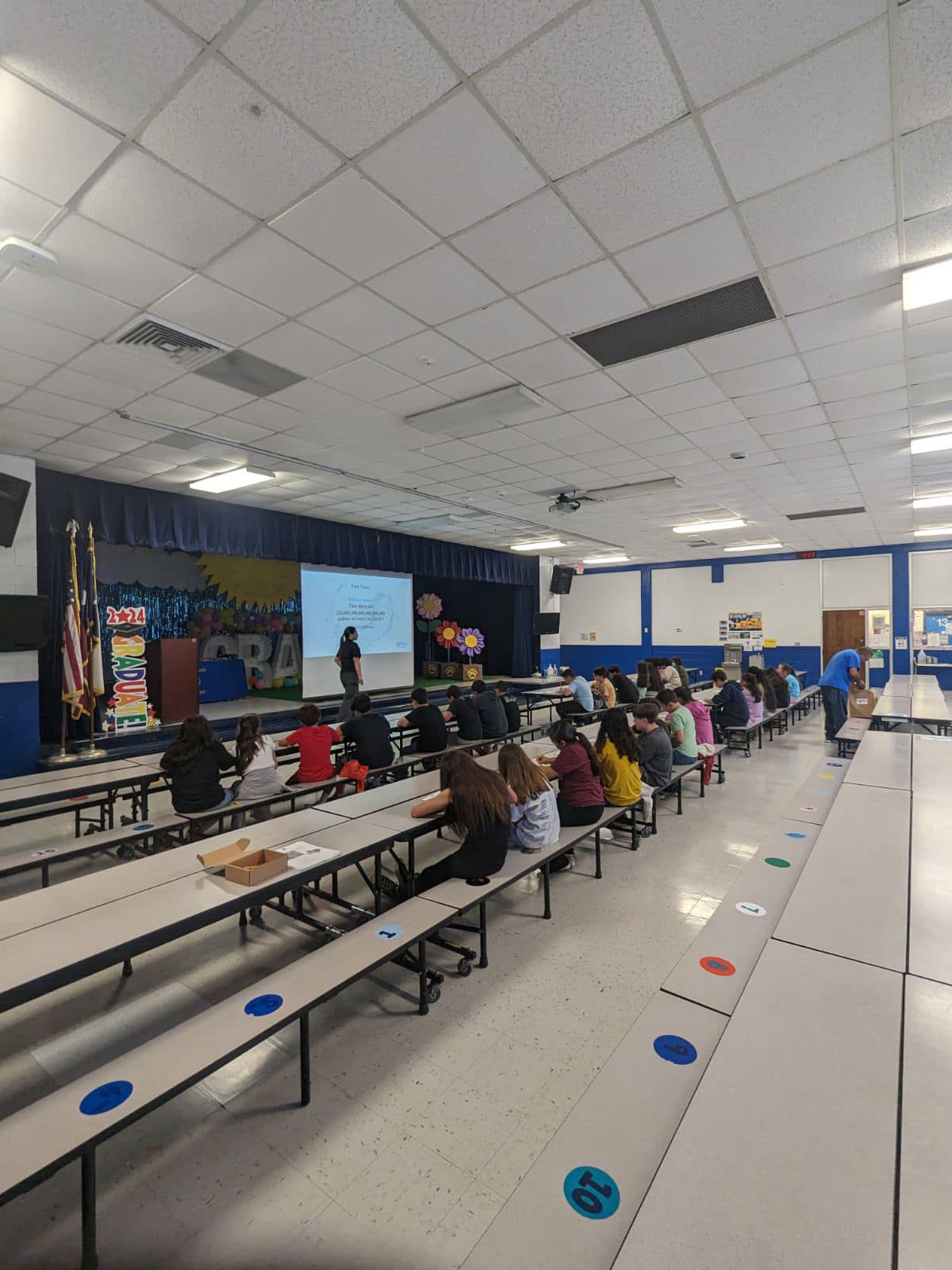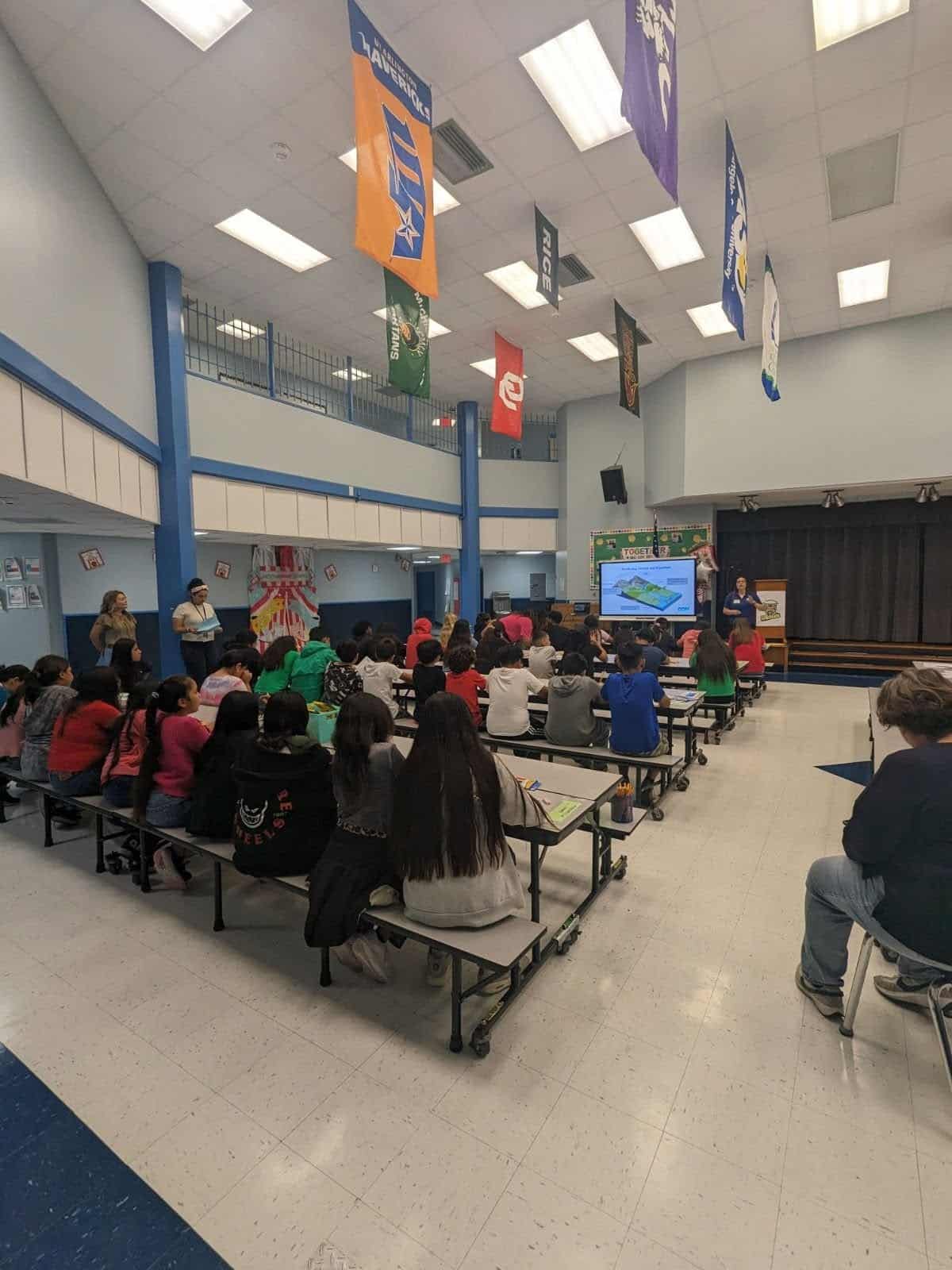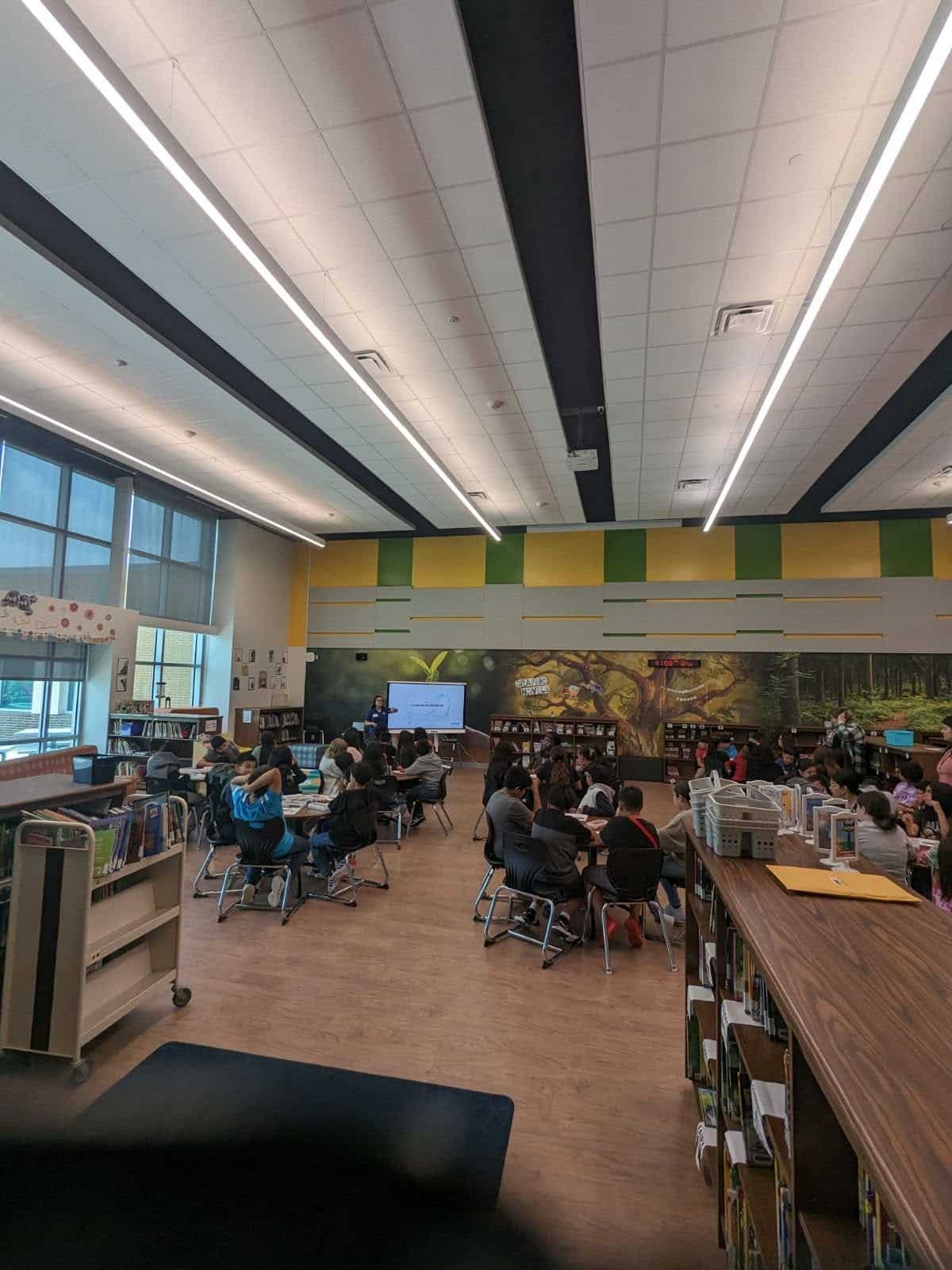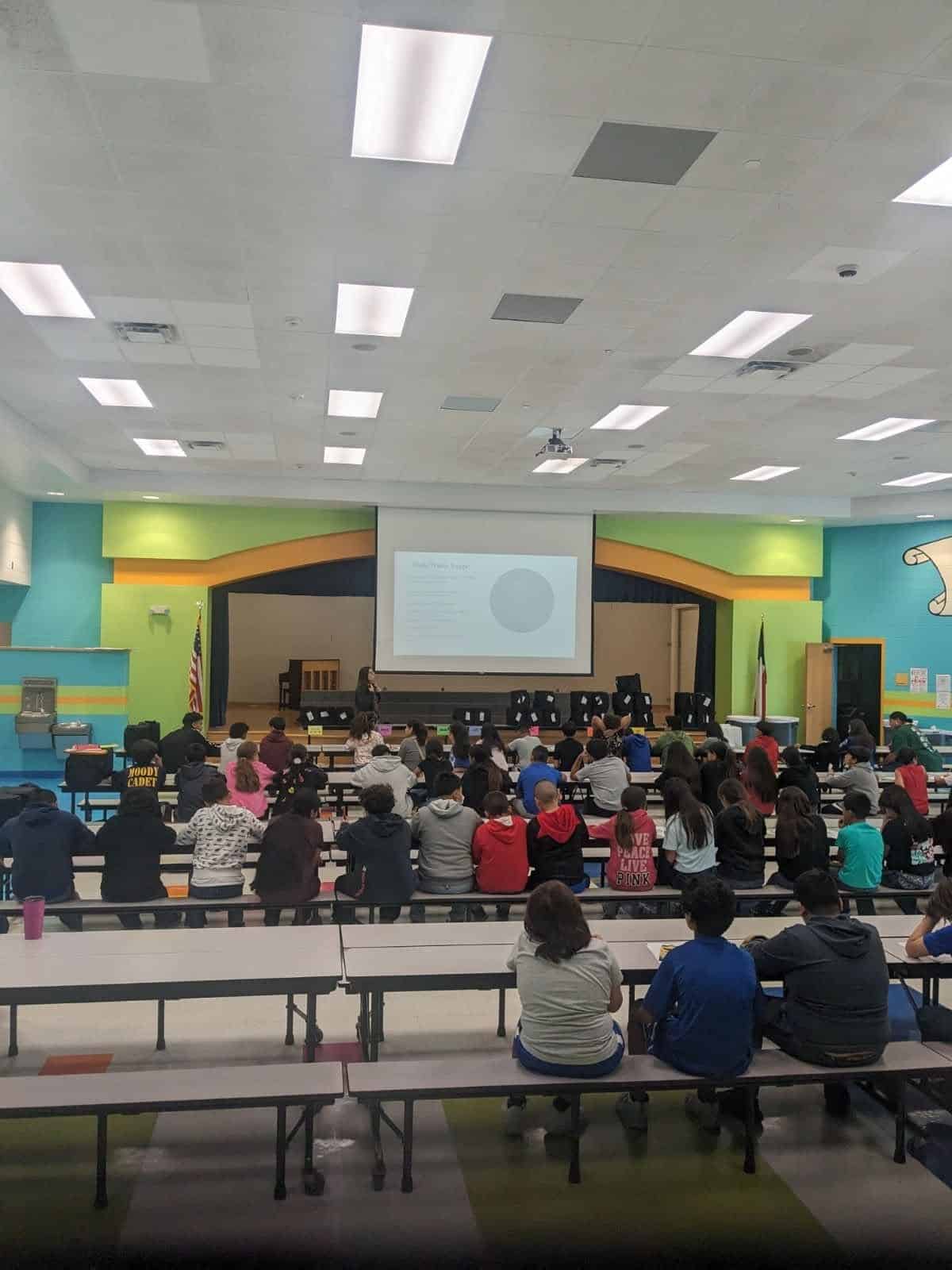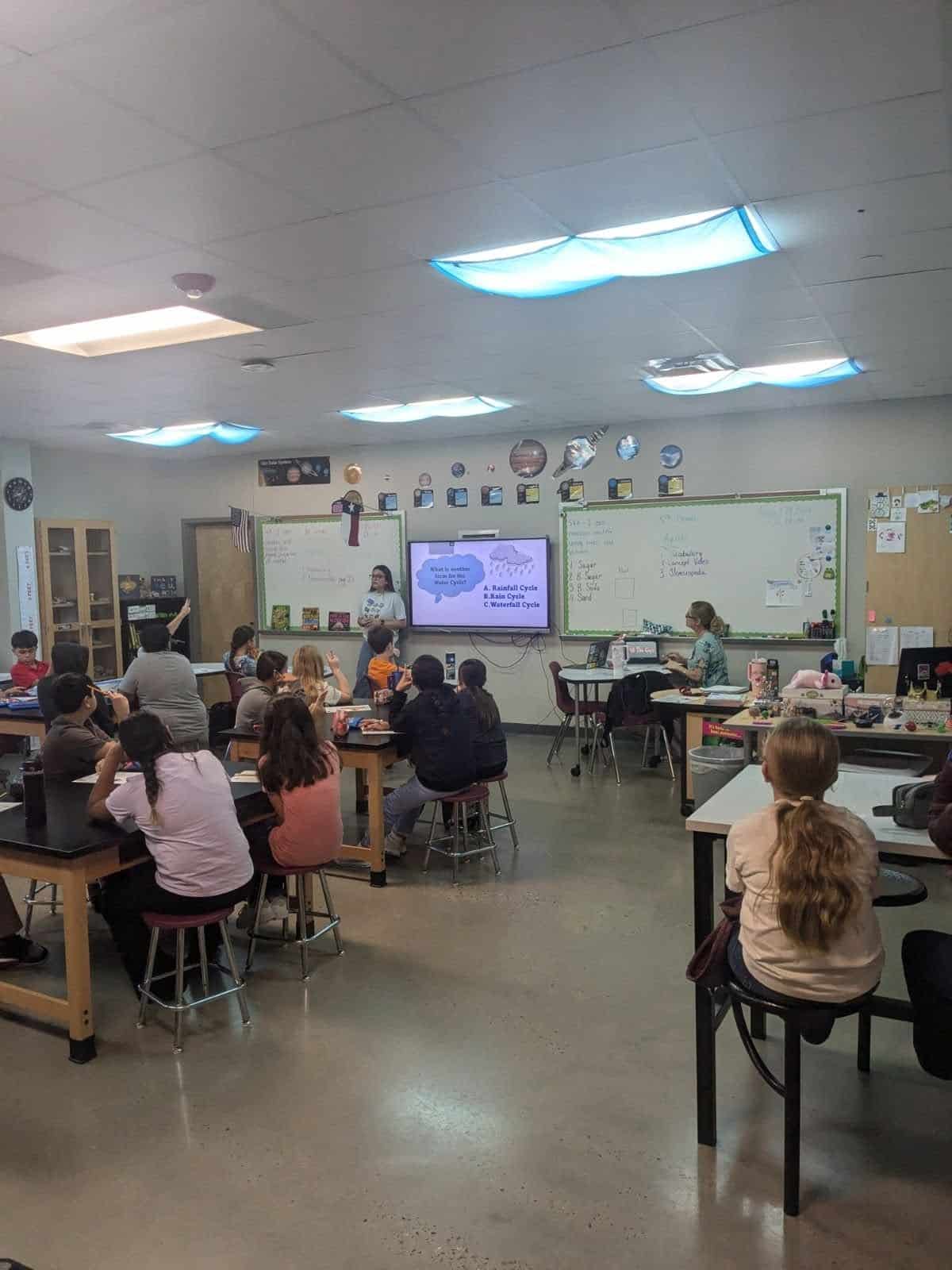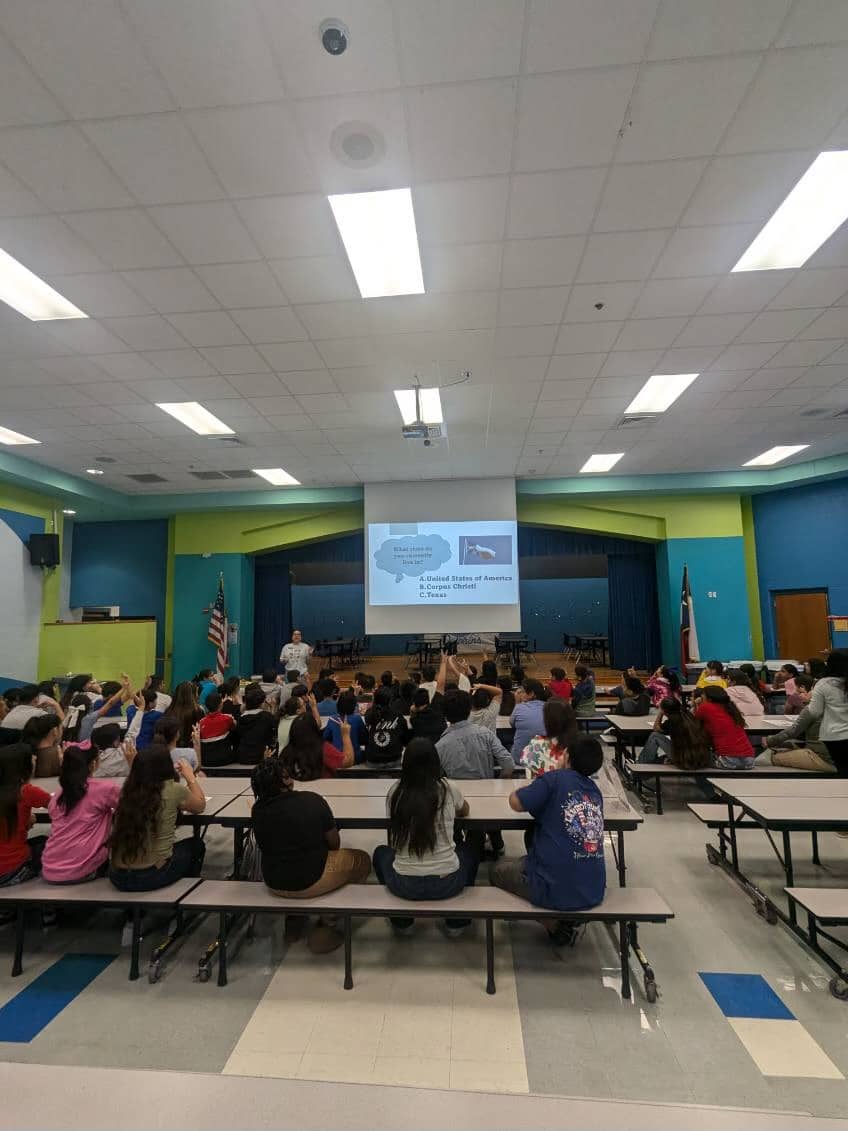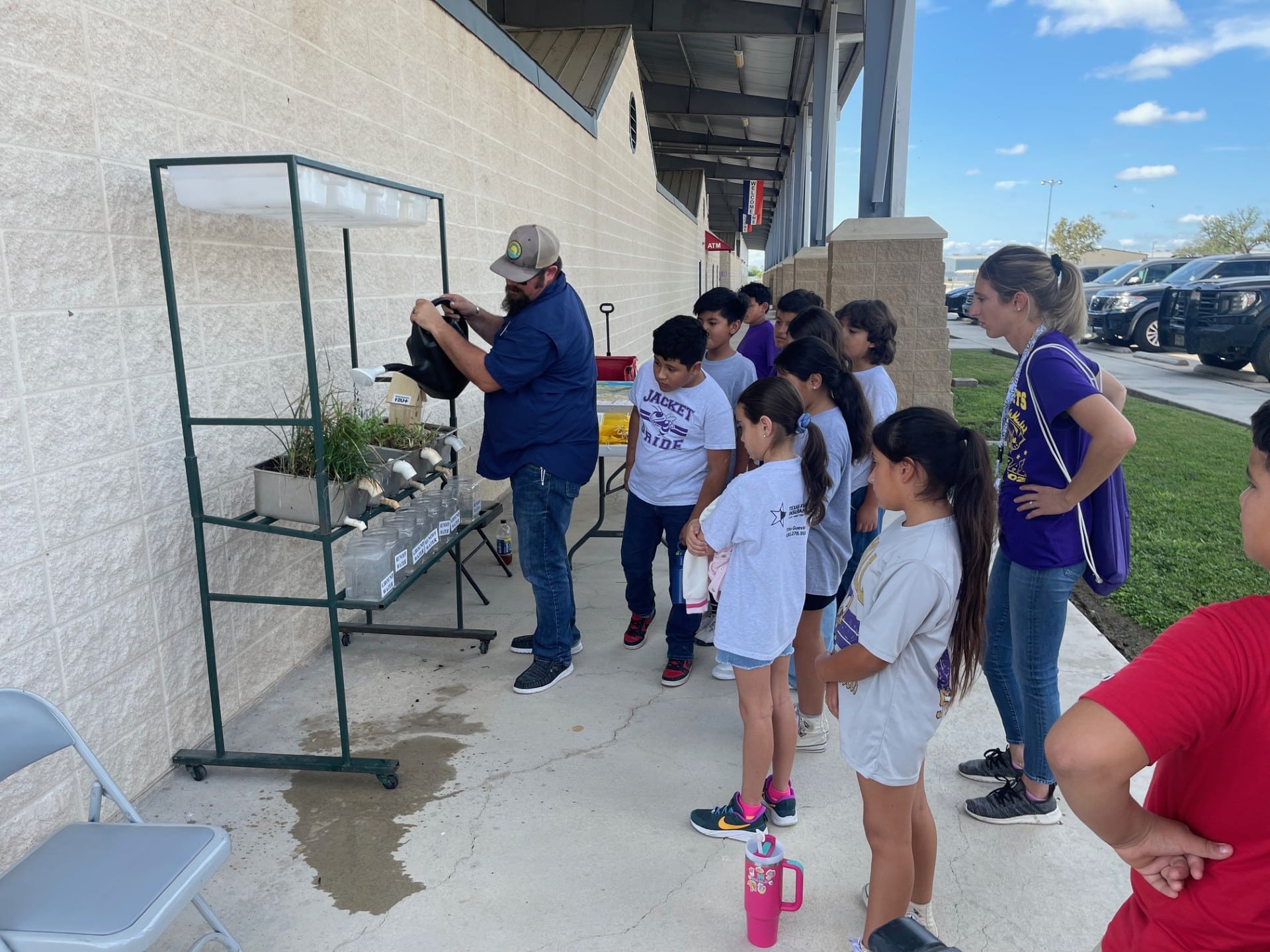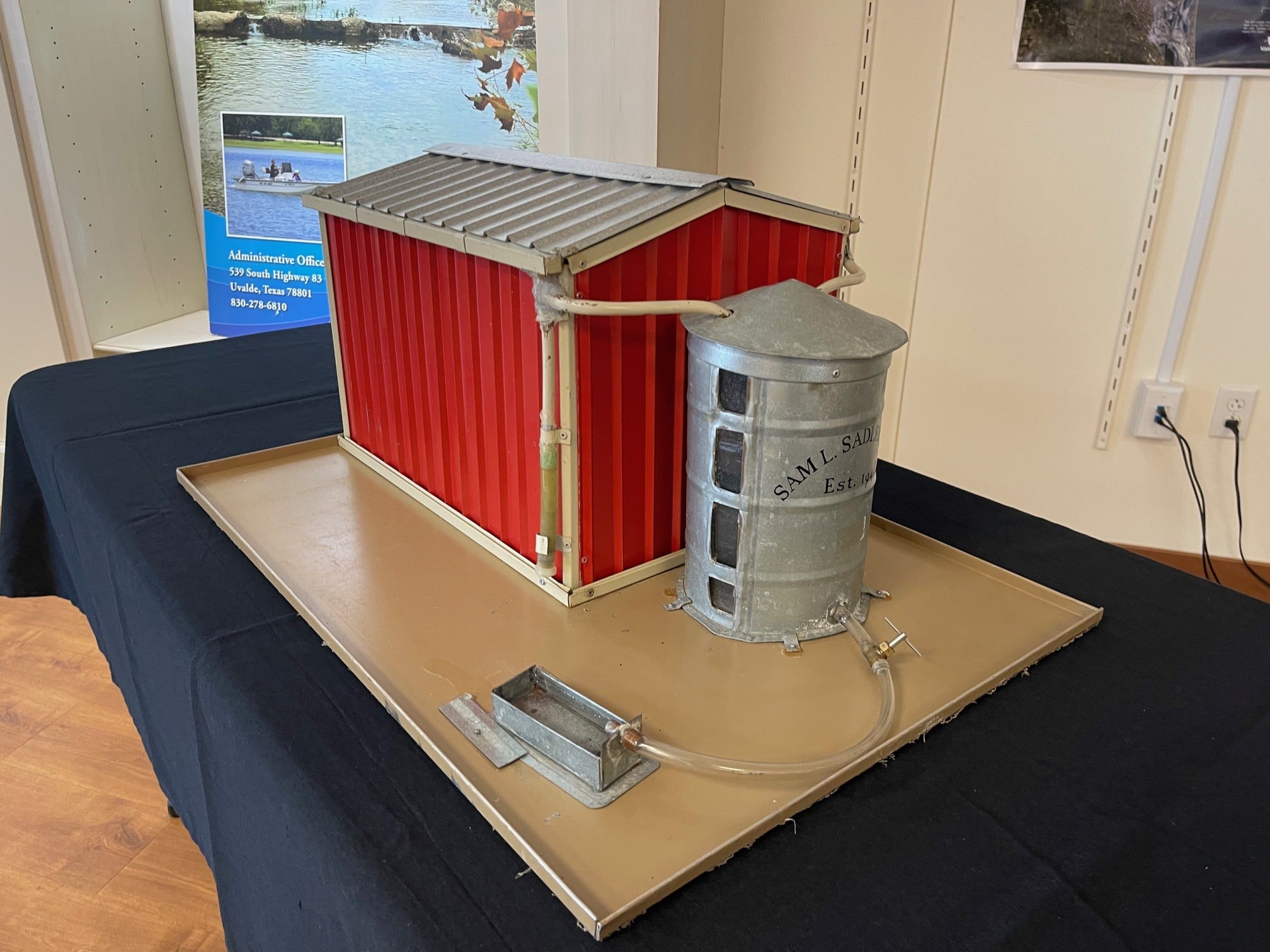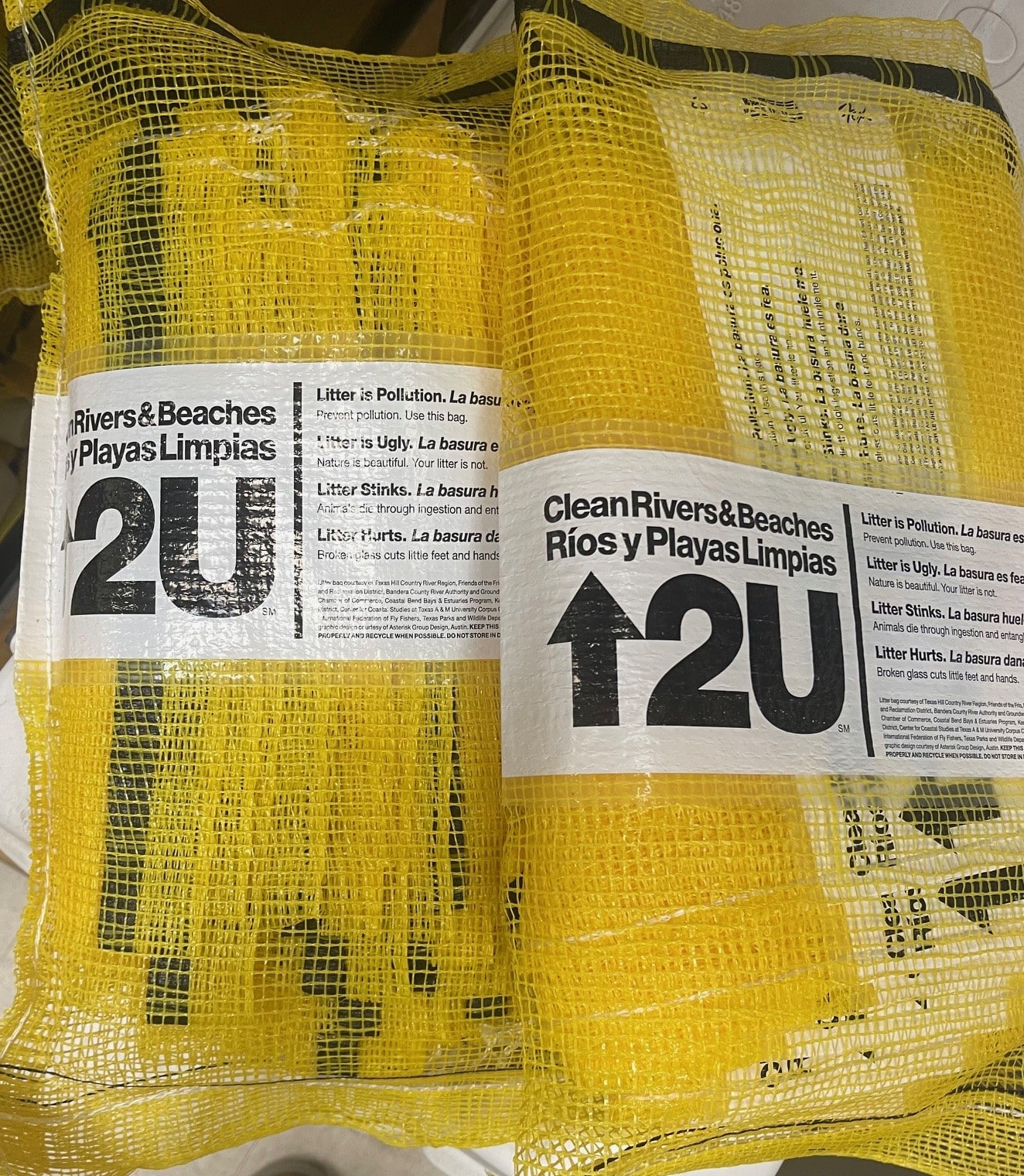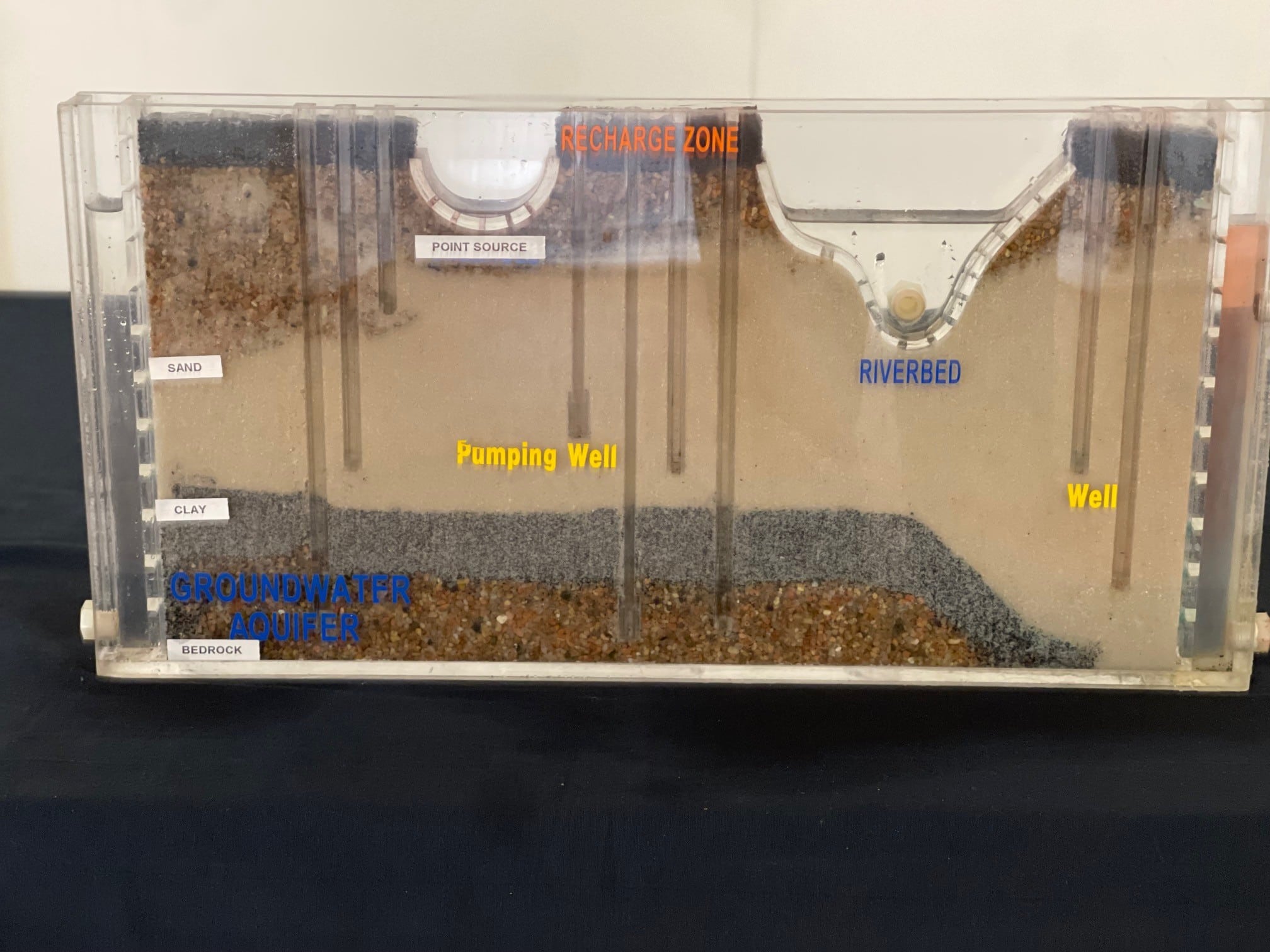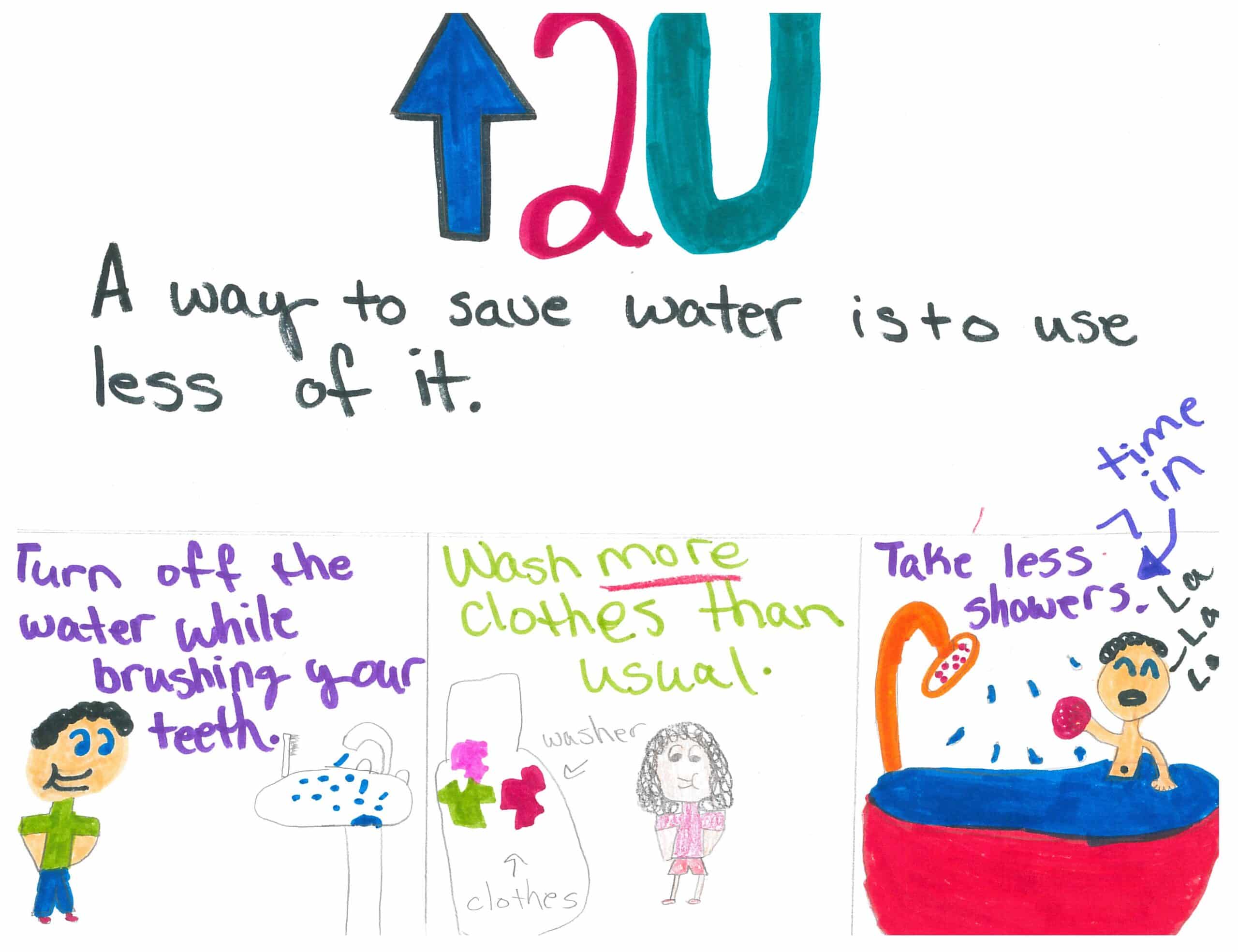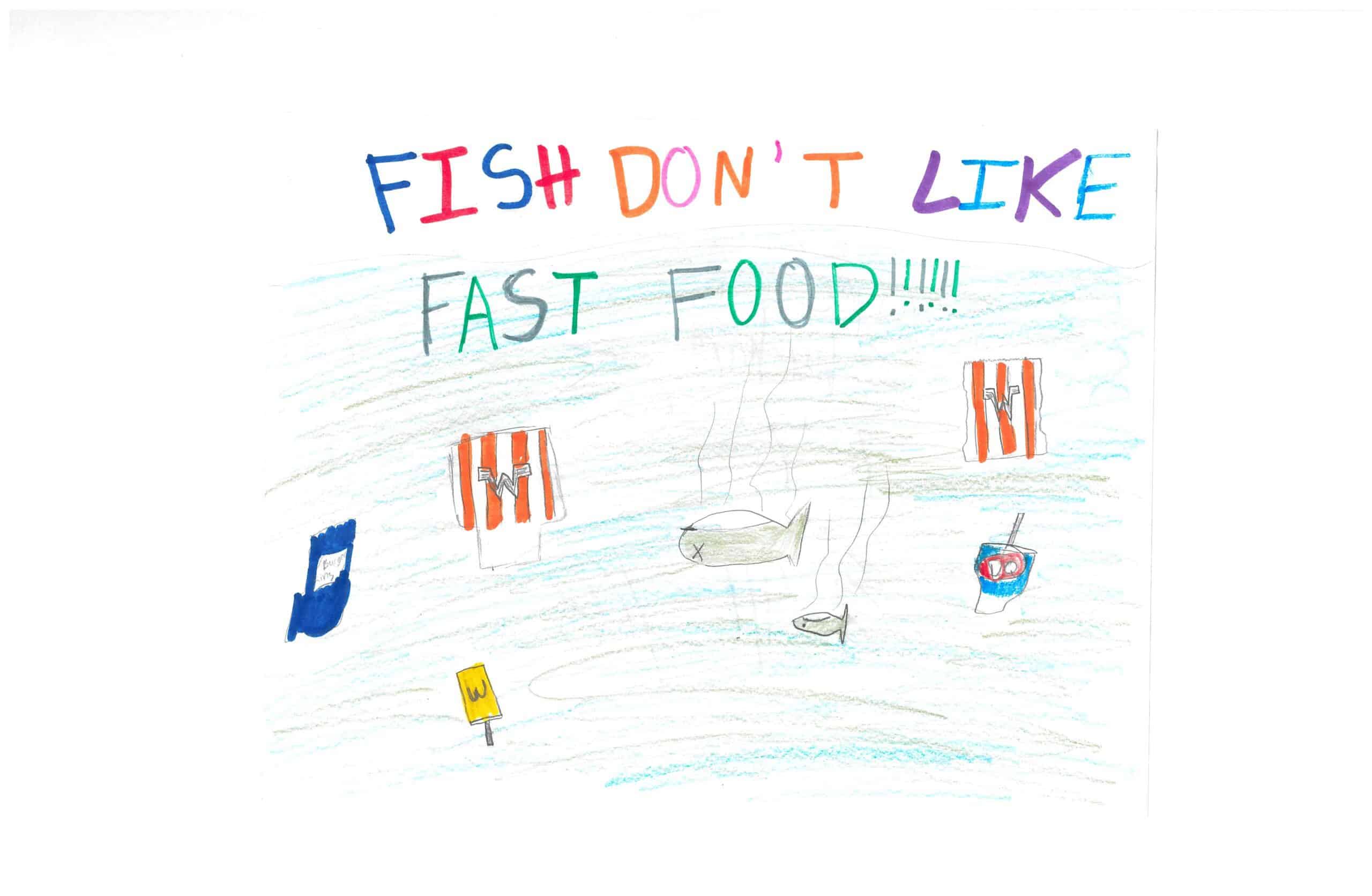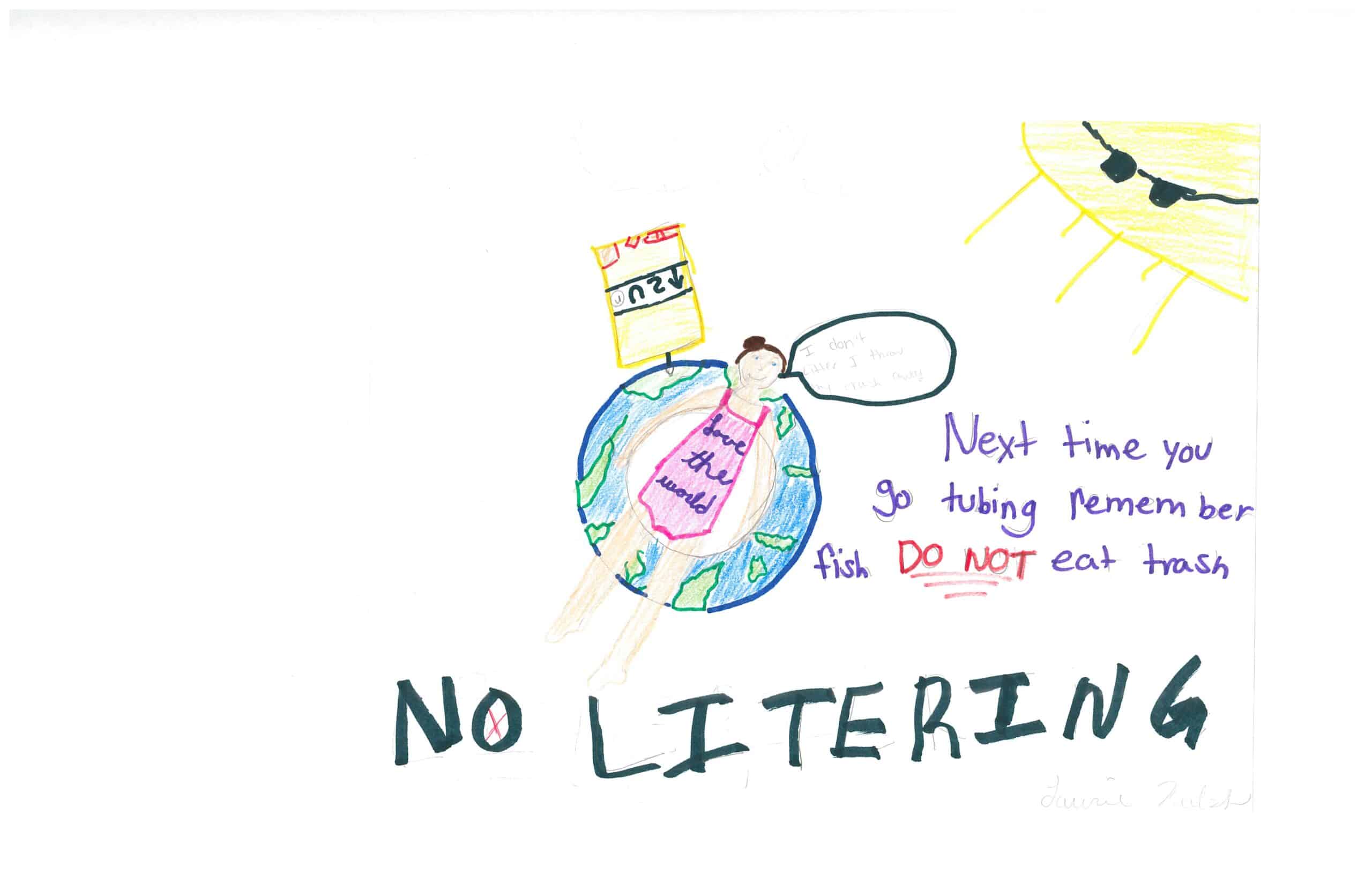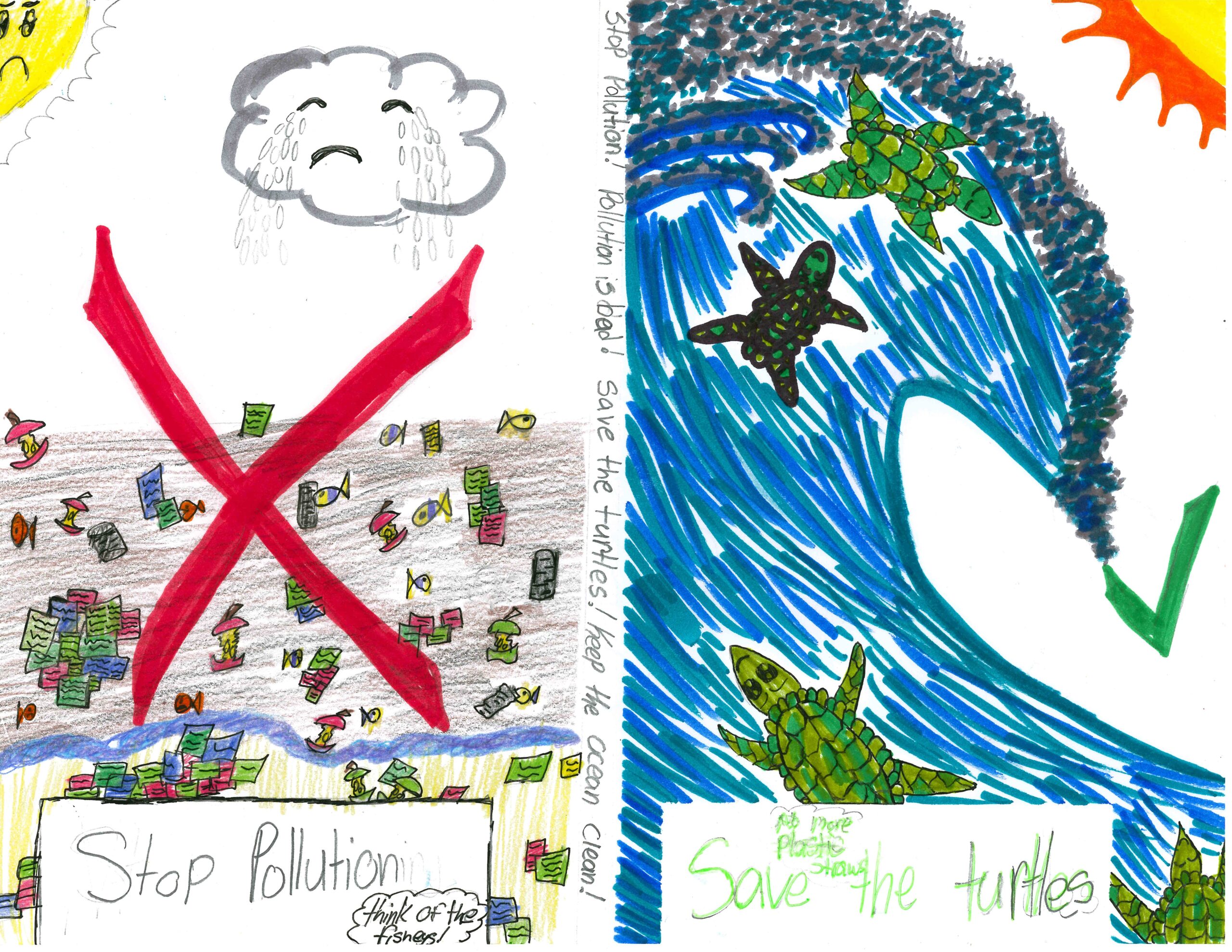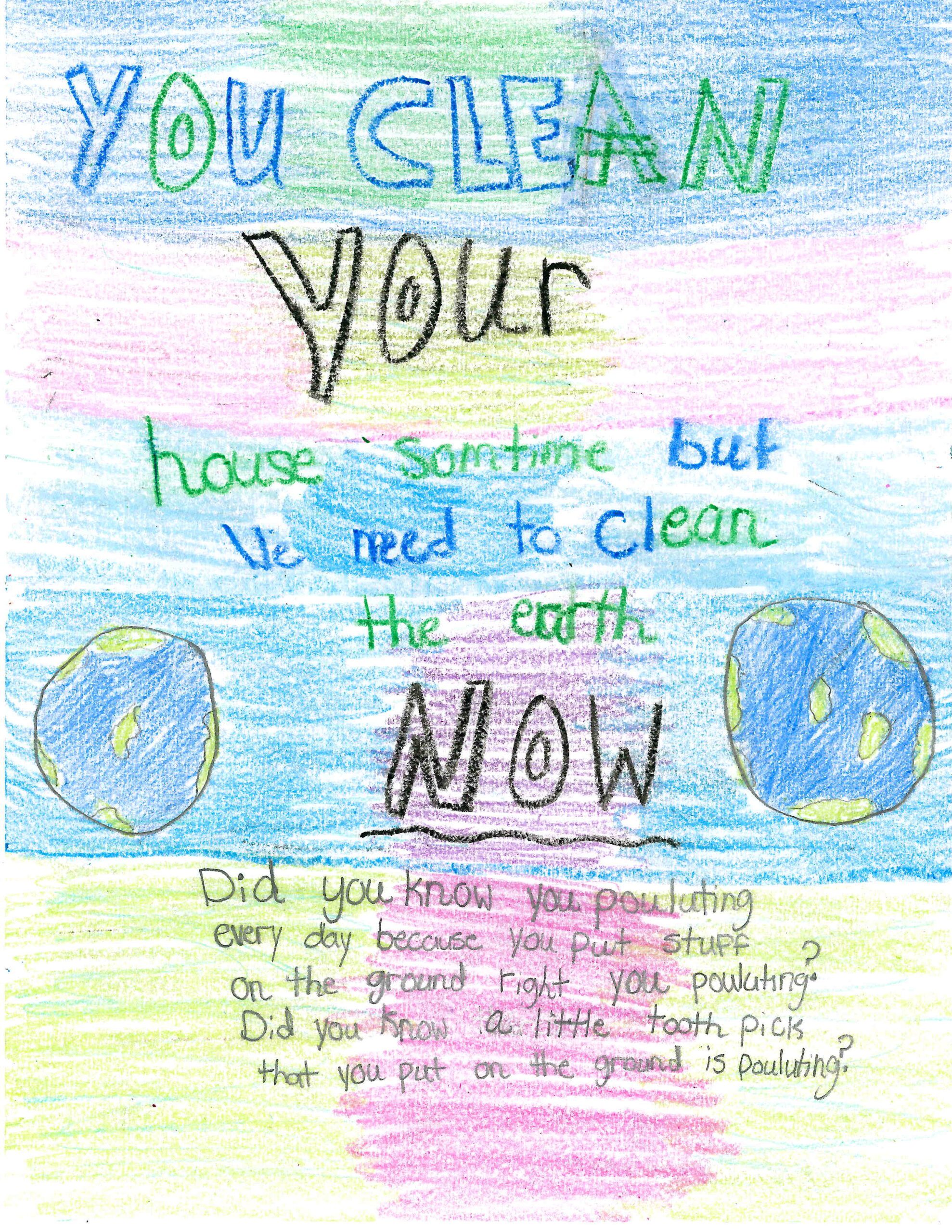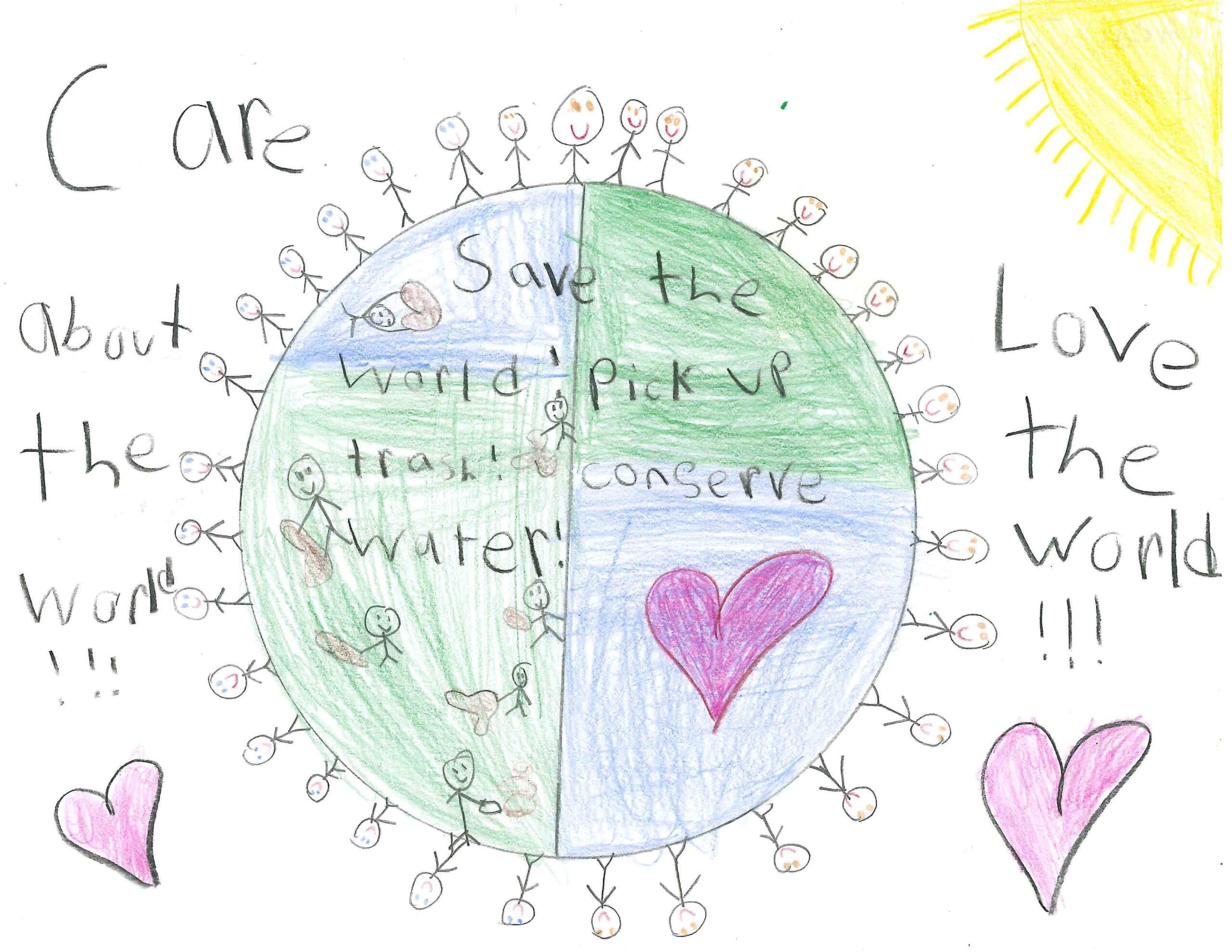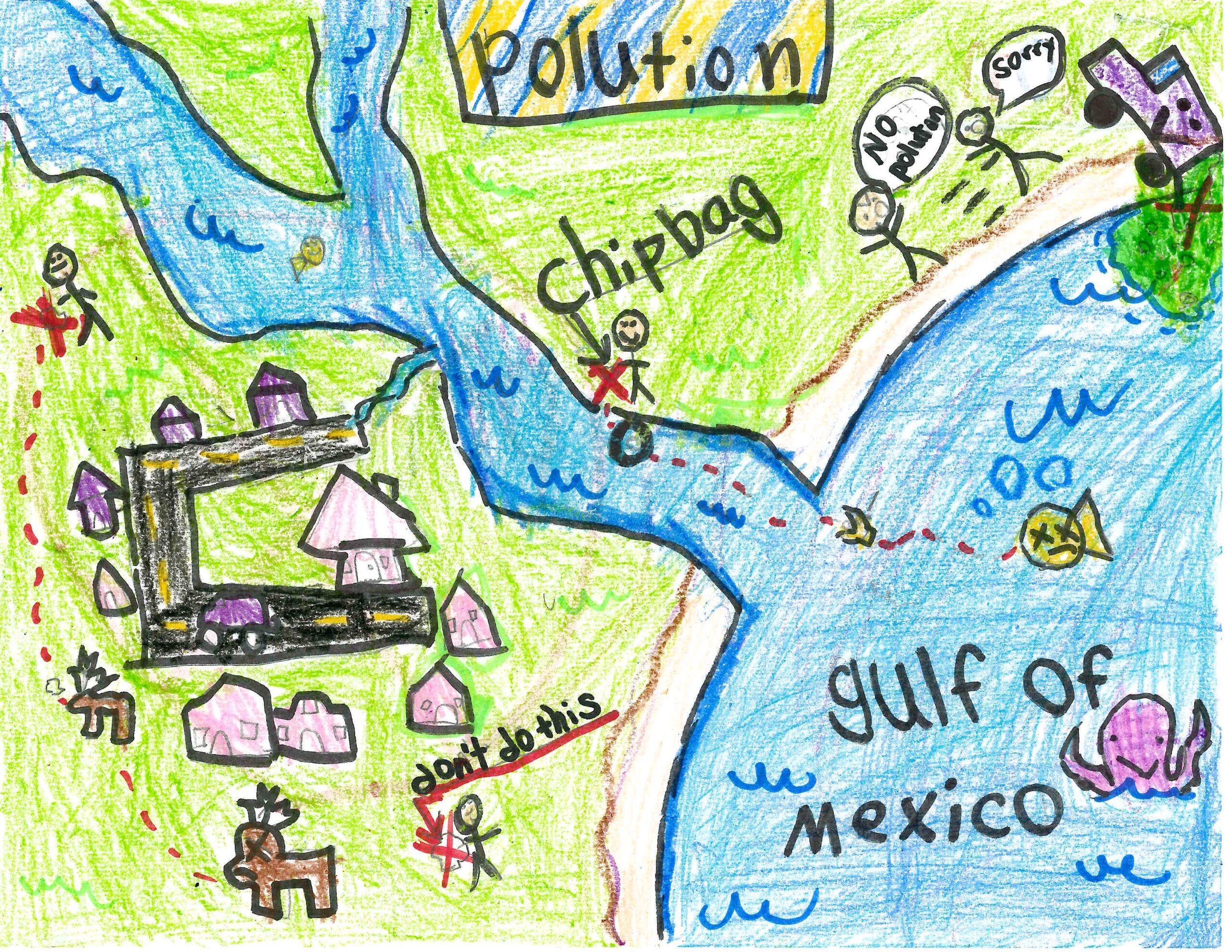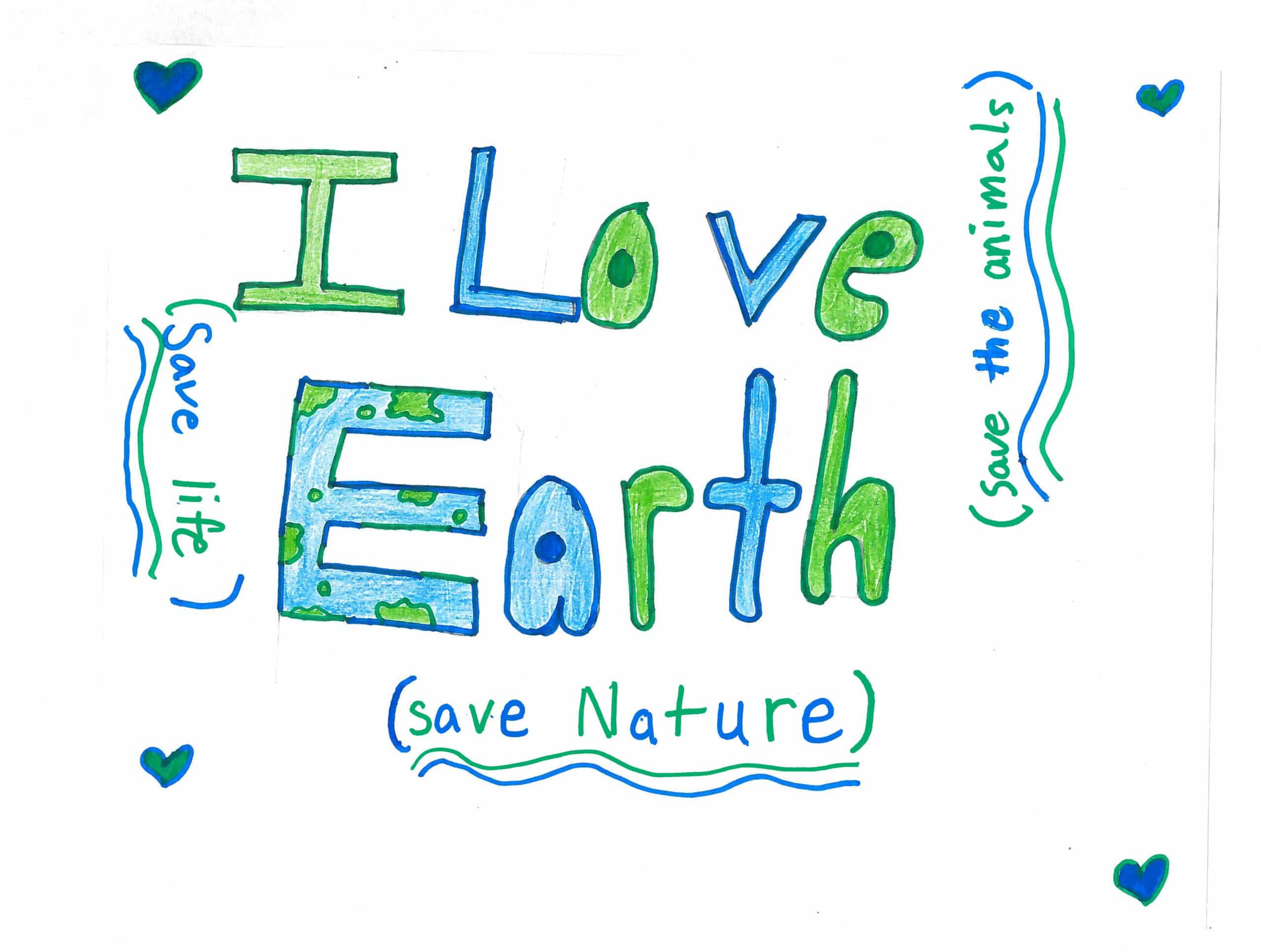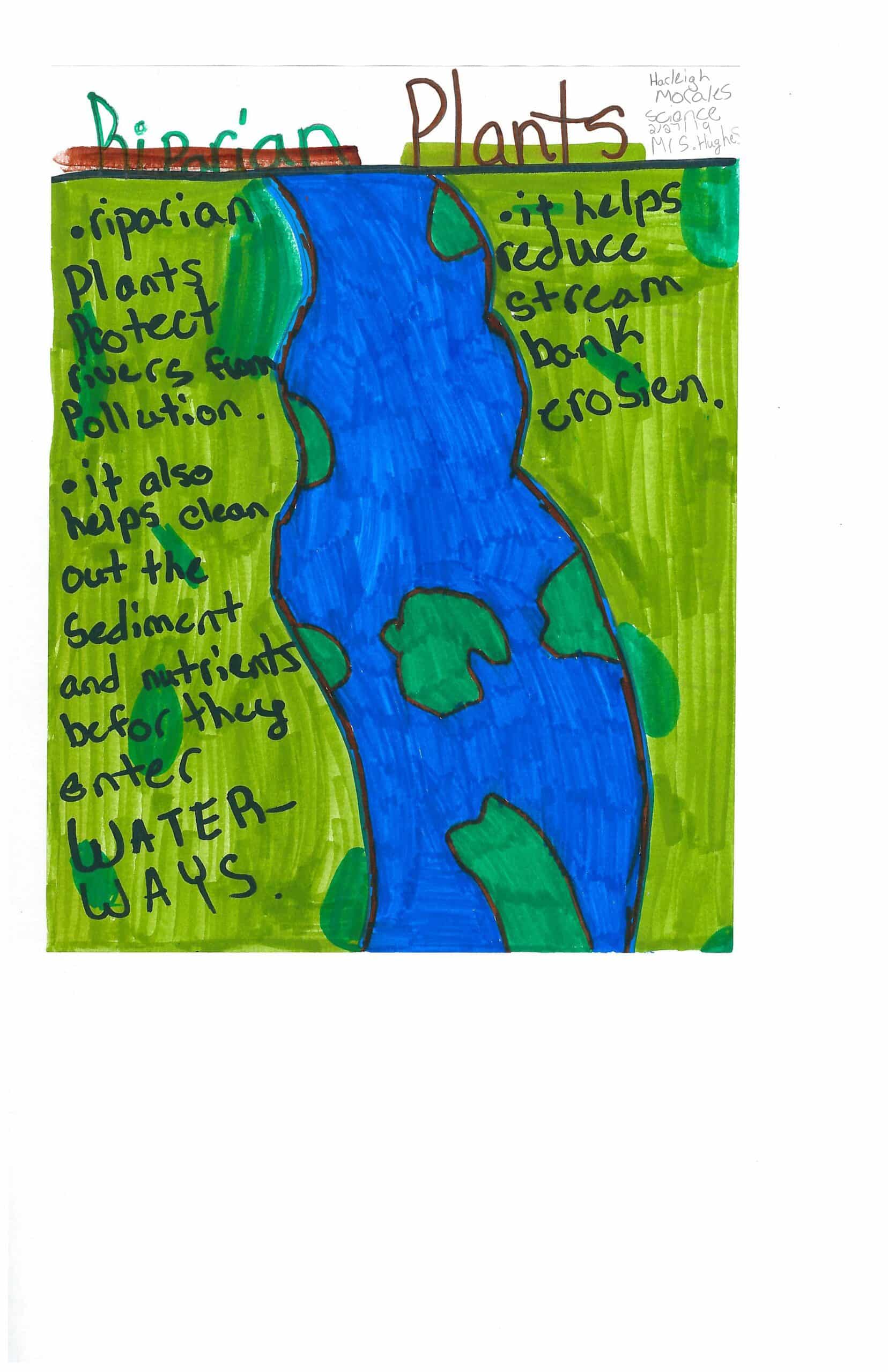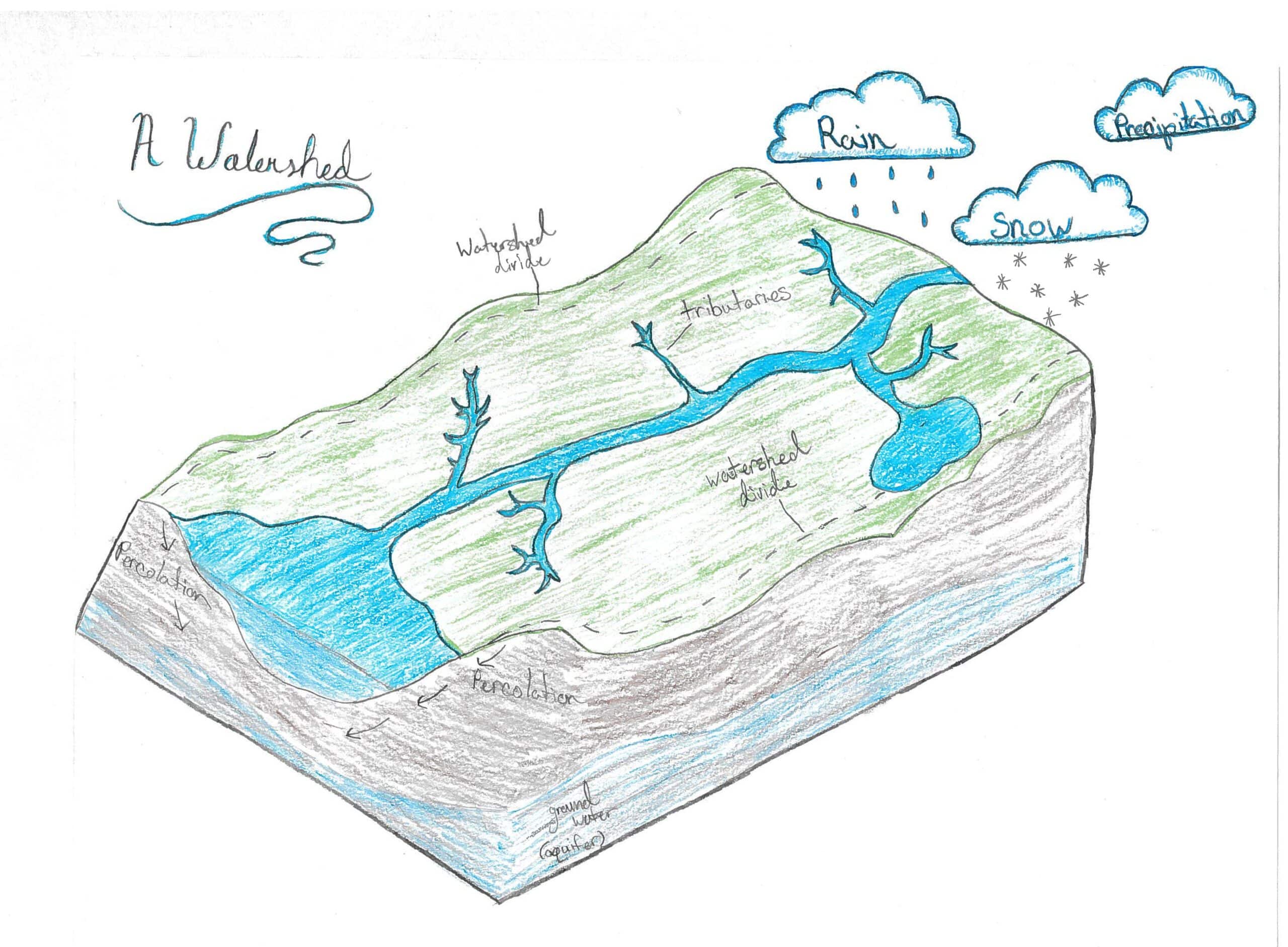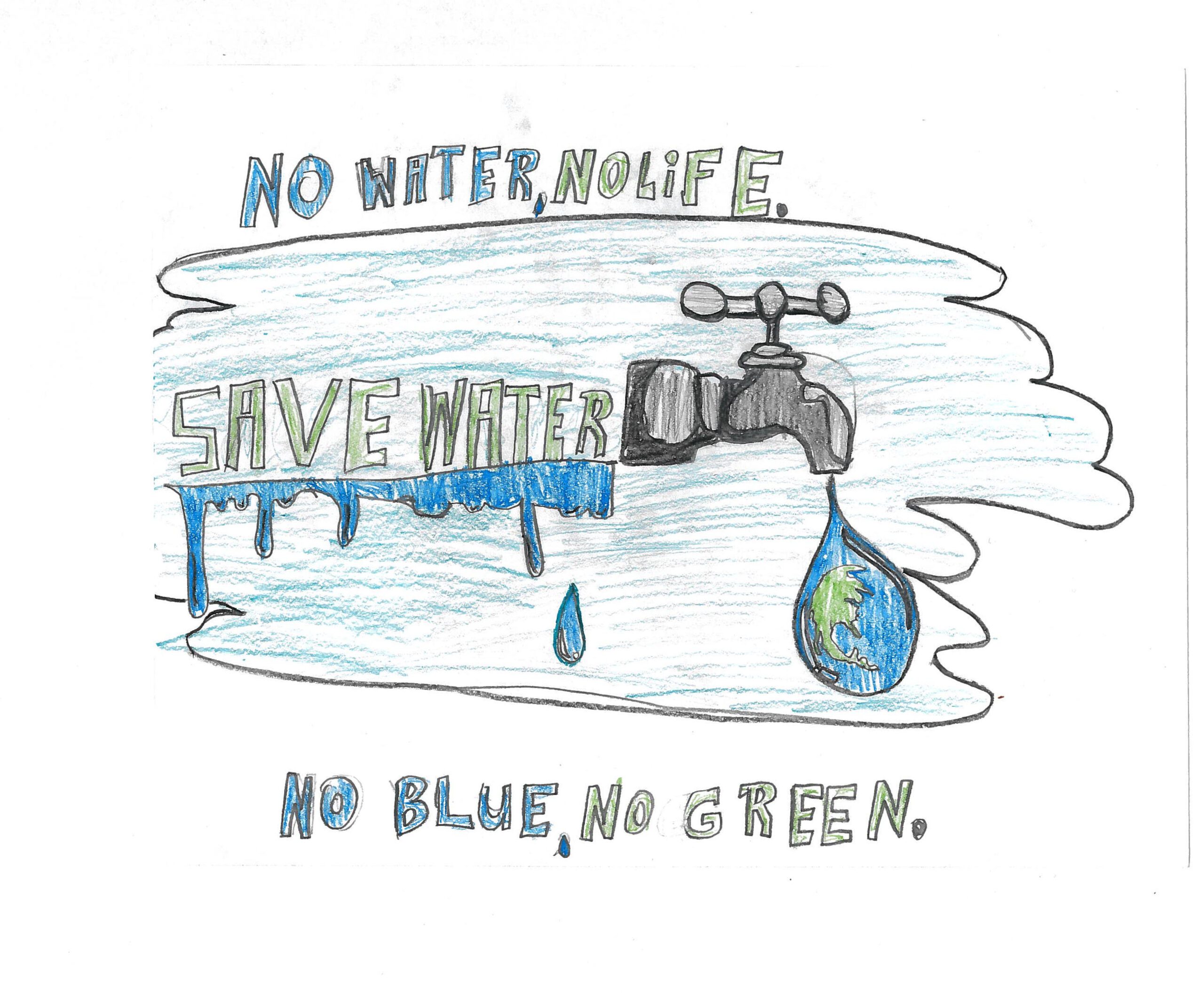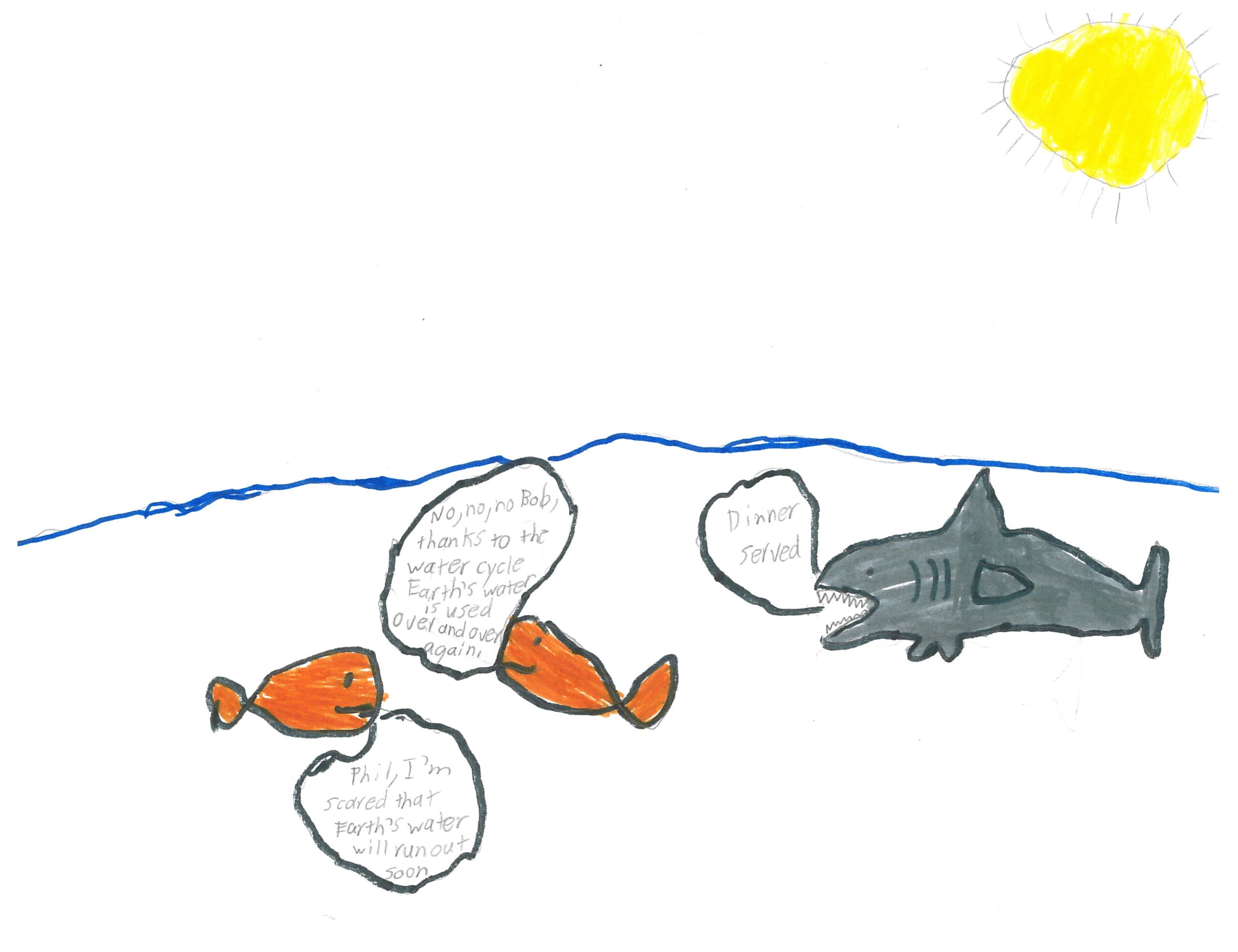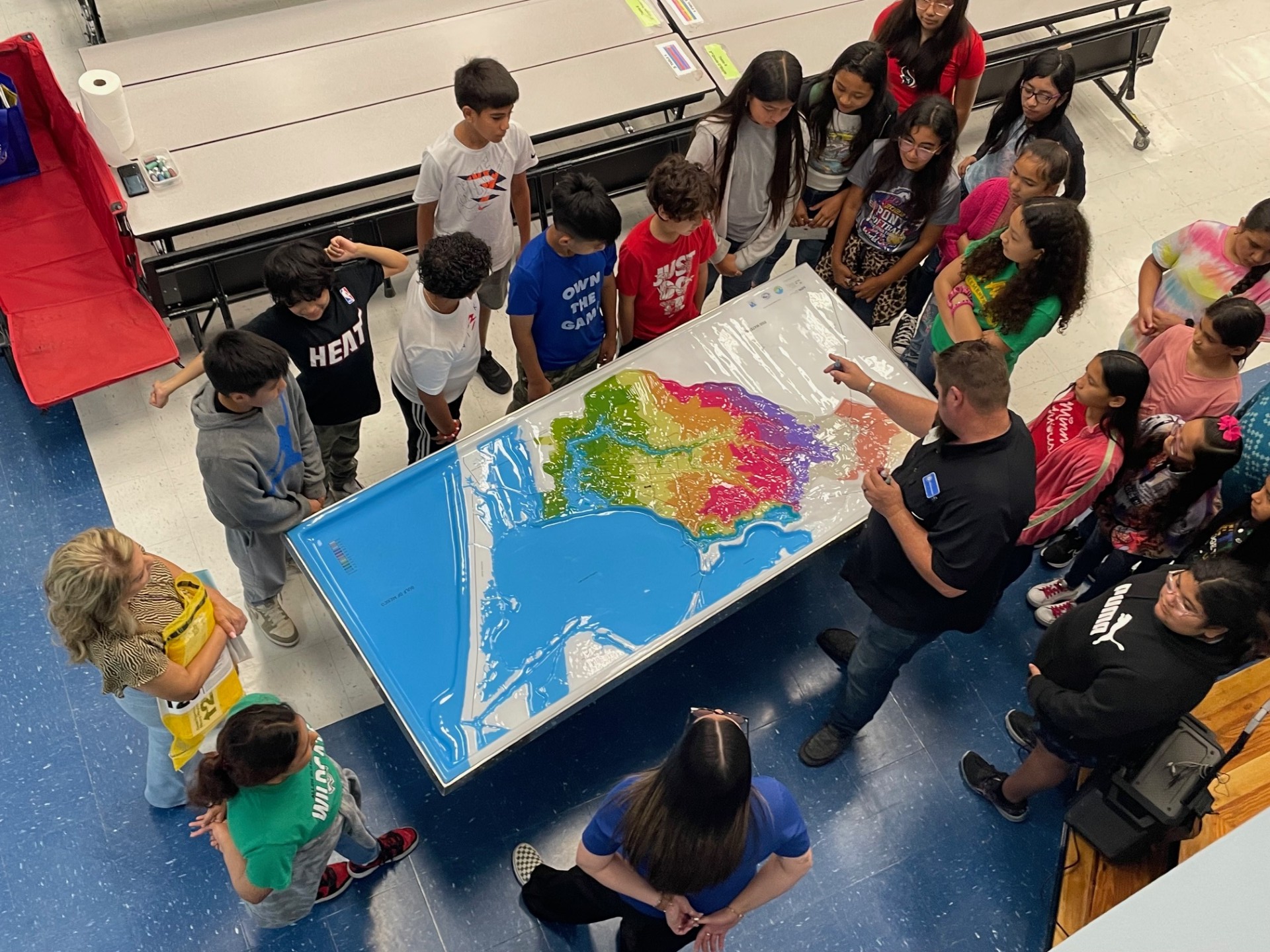
The Nueces River Authority works to strengthen appreciation of basin water resources and the symbiotic relationship between land and water.
Our classroom education program uses a watershed model and other hands-on activities to show thousands of students each year how pollutants enter and contaminate rivers and aquifers and how everyone can help protect and conserve water resources.
Local groundwater conservation districts, businesses, community groups, and others partner with us to deliver our Up2U litter prevention campaign to promote personal responsibility for clean rivers.
NRA’s education program is a recognized winner, receiving the National Wetlands Award in 2004 and the Texas Environmental Excellence Award in 2008.
Teacher Request Form
Basin Model
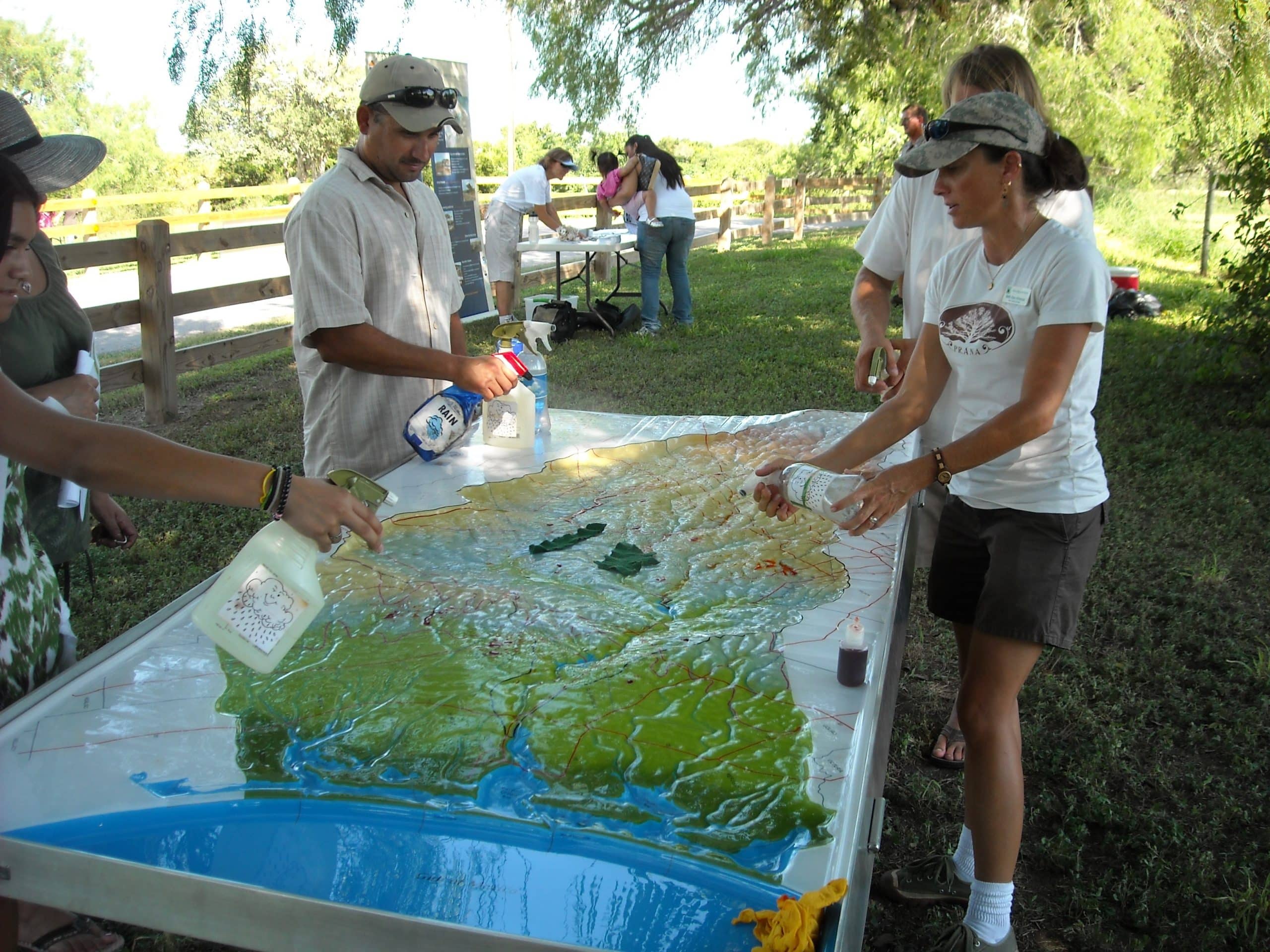
This 7-foot-long scaled relief model of the Nueces River Authority basin demonstrates watershed function and non-point pollution and introduces the relationship between river basins and aquifers. It is used to reinforce 5th grade Texas Essential Knowledge and Skills and cultivate their understanding of our water resources, including watersheds and river basins. Delivered by seasoned, skilled teachers, this hands-on lesson helps students see where their water comes from and where it goes. Participants are able to identify where they live on the model and see how their activities impact the health of the water resources in the whole basin. Students are also encouraged to become personally responsible for keeping our water clean through our Up2U water conservation and litter prevention campaign.
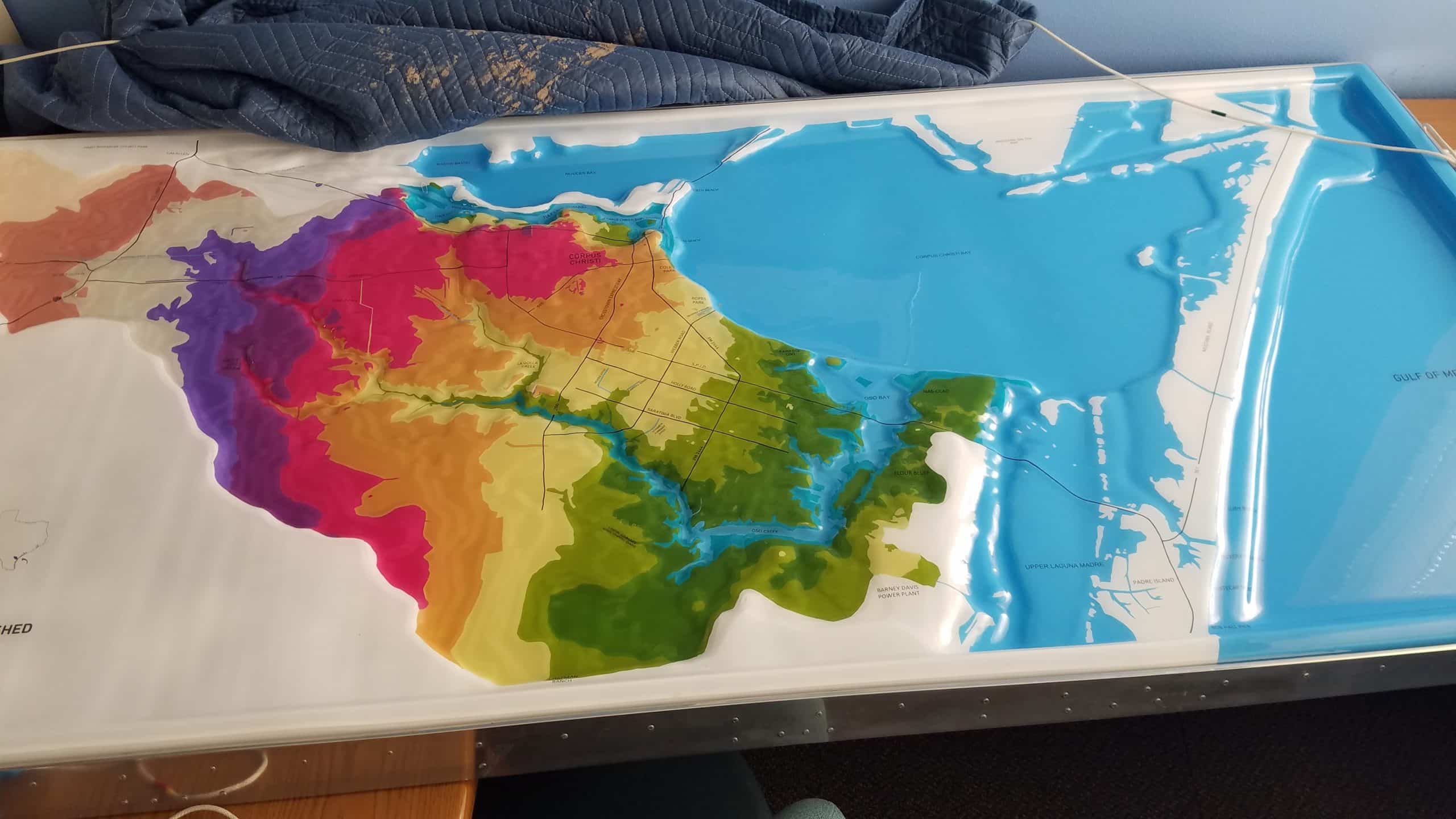
Rainfall – Runoff – Recharge Model
Land cover greatly effects water quality and quantity. This demonstration illustrates how land cover can influence groundwater recharge and surface water runoff both in terms of quantity and in terms of quality. It is delivered mostly at County Ag Fairs and Stock Shows and supports the 4th grade study of erosion and weathering. Different types of vegetative cover are demonstrated along with bare ground and impervious cover. In the demonstration, Eastern gamma. a native riparian grass generates 100% clear groundwater with no run-off.
Up2U Message and Litter Bag
The Up2U campaign for personal responsibility and litter prevention speaks to students, as well as adults, by empowering them to make better choices about water and its protection. Litter bags are distributed from the headwaters to the beaches by volunteer advocates and recreation service organizations. The bags are also given to students as a follow-up and personal challenge following each lesson.
Aquifer Model
This model is presented in the 7th grade to show how water recharges a sand or karst aquifer, how wells tap an aquifer and how a plume of pollution can move through the ground and impact water quality coming from a water supply well. Students learn about groundwater aquifers, recharge, and personal responsibility.
Rainwater Collection Connection
On behalf of the Wintergarden Groundwater Conservation District and the Evergreen Underground Water Conservation District, we are implementing rainwater harvesting demonstration projects on 21 school campuses within 7 basin counties.
The purpose of the project is to raise awareness of water resources, develop accountability of their use, and to cultivate student and community involvement in water conservation. Rainwater catchment projects range from barrels or basin gardens that catch or redirect roof valley run-off, to guttered collection systems and large storage tanks for irrigation of athletic fields. Each project is customized to the particular campus or facility and local education applications.
Teacher Resources
- Follow a Raindrop – Click on the interactive map to drop a raindrop anywhere in the United States and watch where it ends up.
- Global Environmental Network for Students – An international science and education program that provides students with the opportunity to participate in data collection and the scientific process.
- Coastal Bend Bays and Estuaries Program – CBBEP implements public education and outreach activities that target diverse audiences of all ages.
- Texas Stream Team – Dedicated to understanding and protecting the 191,000 miles of Texas waterways. Bringing together community members, students, educators, academic researchers, environmental professionals, and both public and private sector partners to conduct scientific research and to promote environmental stewardship.
- Texas Water Foundation – Working to lead Texas into a sustainable water future by investing in the next generation of water leaders, equipping decision makers, and inviting every Texan to recognize that Texas Runs on Water.
- Watershed Academy – Watershed Academy is a set of webinars, educational modules and publications that provides an introduction to watershed management.
Resource Links
- USGS National Water Dashboard – USGS Oklahoma-Texas Water Science Center operates real-time data collection sites in Oklahoma and Texas for acquiring information on surface-water, groundwater, water-quality, and precipitation.
- USGS Flow Gauges – Current Conditions for Nueces River Basin
Weather
Texas State Agencies
University Centers
Do you know how to keep our water clean?
An introduction to pollution; storybook interactive reading exercise with cute graphics and basic facts about water/wastewater and solid waste for 3rd grade. This lesson can be localized and offers research activities investigating what happens to local solid wastes and wastewater. It can be used as a basis for a 6 weeks unit or a one-session support activity.

